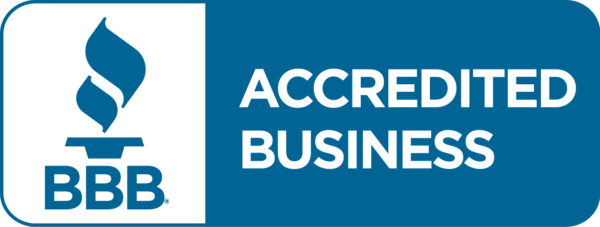This is a question which comes up frequently in discussions with clients. Boiled down, the difference is recourse requires a personal guarantee and non-recourse does not. The personal guarantee means as the borrower, you are potentially exposing all of your personal assets should the loan default. With a non-recourse loan, if the lender forecloses they have no personal assets to make a claim on other than the property itself. Please understand this is a very simplified way of looking at the concepts and is in no way meant to be any kind of advice relative to legal consequences and responsibilities in each case. We link below to some good articles online which give a much fuller explanation of the differences.
For our purposes, the biggest question is generally should it matter to you as a borrower. In most cases – but not all! – it doesn’t unless you foresee a significant risk of losing the property in the future. One aspect of recourse loans which gets lost in the noise of the personal guarantee is the actual risk versus the perceived risk. As an example, if you buy a $1m property with a $700k loan and lose the property, the lender would need to lose money on the sale once foreclosed. In this example, if you assume the balance with all costs might be $750k, the lender would need to net less than that amount for you to be exposed to any financial loss.
Essentially, the lender just wants to avoid any loss and be made whole. In the event there should be a loss – let’s presume in this case net sale proceeds of $700k – you would be exposed to $50k, which is a lot different than assuming a loss of $750k. Again, this is an oversimplified example, but conveys the basic concept of exposure.
Even with non-recourse loans, there are still carve-outs for what are termed in the industry ‘bad boy’ language. Those carve-outs tend to be pretty standard and involve the misappropriation of insurance proceeds as an example which were not used for repairs in the event of insurable damage. Most of our clients feel more secure knowing on a non-recourse loan that in the event of unforeseen catastrophic financial events (think Covid revenue related cash flow losses), their personal assets are not at risk.
There is an additional benefit of sourcing a non-recourse loan when the financing involves multiple partners. Generally in our experience one of the partners is much stronger financially than the others and there are no provisions we have ever seen in recourse loan documents which split the financial responsibility evenly. The lenders are only interested in recovering any losses and the partner with the deepest pockets would be the easiest for the lender to pursue.’
While the nuances can be debated, in the end it comes down to risk tolerance. The vast majority of commercial loans are recourse and candidly the over 25 years of being involved in commercial real estate loans, I have had very few properties lost to foreclosure and in no cases was there a shortfall to the lender. Based on that experience of hundreds of clients, we don’t see recourse as a serious personal risk. However, there are valid and compelling reasons in certain cases to seek non-recourse financing. Those decisions should always be made case by case and we can help in going over the pros and cons of each. If you have any general questions, we would be happy to discuss them. We are also happy to refer you to some real estate law contacts we have who can assist as well.
Discussion links for the above:
https://fnrpusa.com/blog/what-is-the-difference-between-recourse-and-non-recourse-debt/
https://www.investopedia.com/ask/answers/08/nonrecourse-loan-vs-recourse-loan.asp
https://www.forbes.com/advisor/loans/recourse-loans-vs-non-recourse-loans/


